
Ronald S. Sullivan Jr. and Stephanie Robinson led Winthrop House to commencement in 2017. They were the first African-American faculty deans in Harvard’s history.
Credit: Kayana Szymczak for The New York Times
CAMBRIDGE, Mass. — Harvard said on Saturday that a law professor who has represented Harvey Weinstein would not continue as faculty dean of an undergraduate house after his term ends on June 30, bowing to months of pressure from students.
The professor, Ronald S. Sullivan Jr., and his wife, Stephanie Robinson, who is a lecturer at the law school, have been the faculty deans of Winthrop House, one of Harvard’s residential houses for undergraduate students, since 2009. They were the first African-American faculty deans in Harvard’s history.
But when Mr. Sullivan joined the defense team of Mr. Weinstein, the Hollywood producer, in January, many students expressed dismay, saying that his decision to represent a person accused of abusing women disqualified Mr. Sullivan from serving in a role of support and mentorship to students. Mr. Weinstein is scheduled to go to trial in September in Manhattan on rape and related charges.
As the protests continued, with graffiti aimed at Mr. Sullivanappearing on a university building, Harvard administrators said they would conduct what they called a climate review of Winthrop House. In recent weeks, tensions have escalated, with a student sit-in and a lawsuit sparked by a clash between one of the protest leaders and two Winthrop House staff members who were seen as supporting Mr. Sullivan.
On Saturday, the dean of Harvard College, Rakesh Khurana, sent an email to students and staff members at Winthrop House, informing them that he would not renew the appointments of Mr. Sullivan and Ms. Robinson as faculty deans after their terms end on June 30. Mr. Khurana said in his email that the decision was informed “by a number of considerations.”
“Over the last few weeks, students and staff have continued to communicate concerns about the climate in Winthrop House to the college,” he wrote. “The concerns expressed have been serious and numerous. The actions that have been taken to improve the climate have been ineffective, and the noticeable lack of faculty dean presence during critical moments has further deteriorated the climate in the house. I have concluded that the situation in the house is untenable.”You have 2 free articles remaining.Subscribe to The Times
In a statement, Mr. Sullivan and Ms. Robinson said, “We are surprised and dismayed by the action Harvard announced today. We believed the discussions we were having with high-level university representatives were progressing in a positive manner, but Harvard unilaterally ended those talks.”
“We will now take some time to process Harvard’s actions and consider our options,” their statement continued. “We are sorry that Harvard’s actions and the controversy surrounding us has contributed to the stress on Winthrop students at this already stressful time.”
On Monday, Mr. Sullivan said that he was in fact no longer representing Mr. Weinstein. In an emailed statement, he said that a judge on Monday had approved his request to withdraw from the legal team. He said that a rescheduling of the trial to September had created a conflict with his teaching obligations at Harvard Law School. He said he would remain available to Mr. Weinstein’s legal team for advice and consultation.
He added, “My decision to represent Mr. Weinstein sparked considerable discussion and activism around issues of sexual violence, the appropriate role and responsibilities of Harvard and its faculty in addressing those issues, and the tension between protecting the rights of those criminally accused and validating the experience of those who are survivors of sexual violence. My representation of those accused of sexual assault does not speak to my personal views on any of these matters.”
The decision not to renew the appointments of Mr. Sullivan and Ms. Robinson as faculty deans does not affect their positions at the law school, where Mr. Sullivan is the Jesse Climenko Clinical Professor of Law and the director of the Criminal Justice Institute.
The controversy around Mr. Sullivan’s representation of Mr. Weinstein highlighted a conflict between the legal principle that every accused person deserves a vigorous defense and students’ demands that college officials show support for victims of sexual assault. “Whose side are you on?” demanded one of the spray-painted messages directed at Mr. Sullivan earlier this year.
But a number of Mr. Sullivan’s colleagues came to his defense; 52 professors at the law school signed a letter supporting him, saying that his commitment to representing unpopular clients was fully consistent with his roles as law professor and faculty dean, and that Harvard should not pressure him to resign.
At the same time, the dispute took on a racial element, with some saying that Mr. Sullivan was being treated unfairly. In a statement in late March, the Harvard Black Law Students Association criticized the decision by the university to conduct a climate review and expressed concern about “the racist undertones evidenced by the disproportionate response to this issue by the university.”
Mr. Sullivan himself suggested that race was playing a role in the handling of the controversy.
“It is not lost on me that I’m the first African-American to hold this position,” he told The Times earlier this year. “Never in the history of the faculty dean position has the dean been subjected to a ‘climate review’ in the middle of some controversy.”
Harvard students live, eat and socialize in the college’s 12 undergraduate houses. The job of the faculty deans is to support students academically and personally and to set the tone for the house’s social activities.
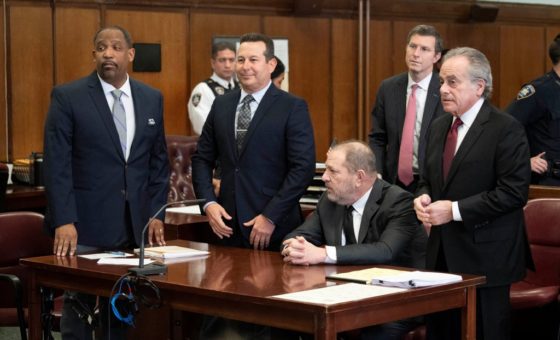
As the review of Winthrop House progressed, other issues surfaced, with some current and former staff members telling The Harvard Crimson that they had experienced “a workplace climate of hostility and suspicion” under Mr. Sullivan and Ms. Robinson.
Danu Mudannayake, a junior who took a leading role in organizing the protests, said on Saturday afternoon that she had not expected the college to act so definitively or so quickly.
“My honest reaction is just completely gobsmacked, but in the best way,” she said. “I’m very proud today of our college and our college’s administration for finally choosing to do the right thing.”
Mr. Sullivan has represented other controversial clients, including Aaron Hernandez, the former New England Patriots player, when he was tried for double murder, and the family of Usaamah Rahim, a man, shot by the Boston police, who had been accused of being a terrorist.
Mr. Sullivan also represented the family of Michael Brown, a man killed by the police in Missouri, in bringing a wrongful-death suit against the City of Ferguson; the family ultimately received a reported $1.5 million settlement.
He has specialized in overturning wrongful convictions. In the wake of Hurricane Katrina, he led an effort to change the system that provided legal defense for the indigent in New Orleans; the effort resulted in the release of thousands of wrongfully incarcerated inmates. In 2014, the Brooklyn district attorney, Kenneth Thompson, asked Mr. Sullivan to design and implement a conviction review unit to identify and exonerate wrongfully convicted people. It became a national model.
In his email to Winthrop House, Mr. Khurana praised the commitment of Mr. Sullivan and Ms. Robinson to justice and civic engagement. “This is a regrettable situation and a very hard decision to make,” he wrote.
He said that he and two other Harvard deans would visit Winthrop House on Saturday afternoon to answer students’ questions. Ms. Mudannayake said on Saturday that she was in the dining hall with the deans, and the mood was “very happy.”
“They’re all there and addressing concerns, questions, even just people who want to say thank you to them,” she said. “I think that’s added to the kind of celebratory atmosphere.”
This article was first found at:
https://www.nytimes.com/2019/05/11/us/ronald-sullivan-harvard.html

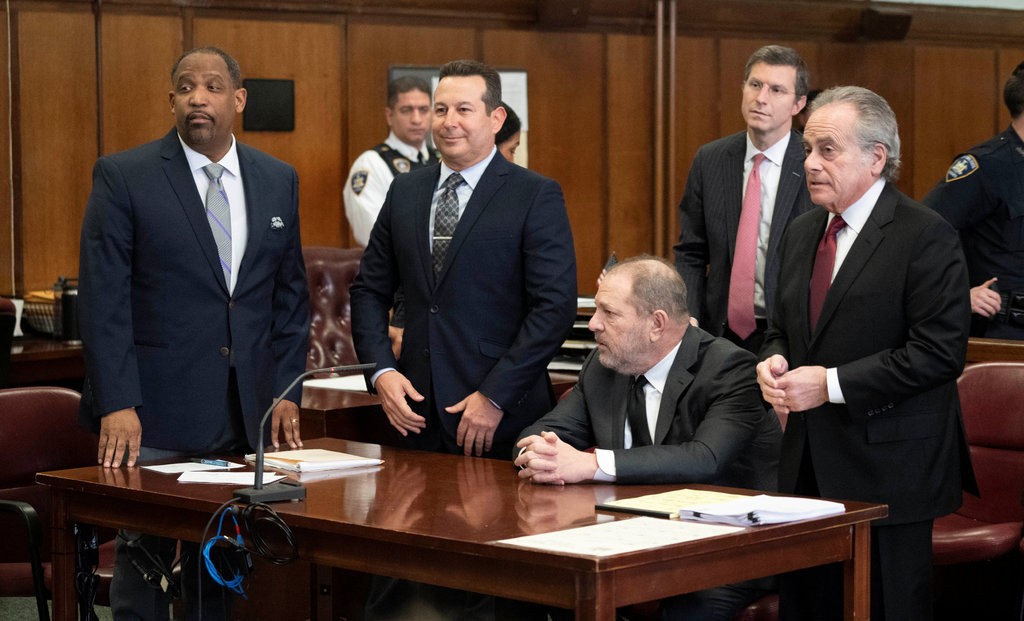



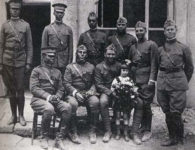
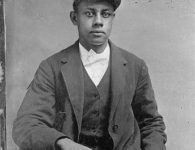

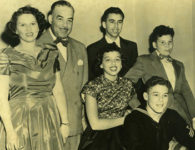
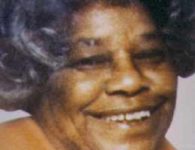
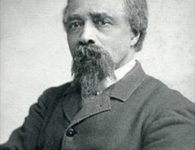
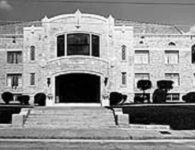
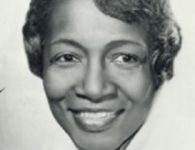
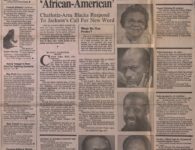




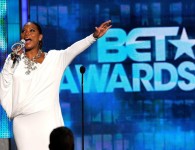
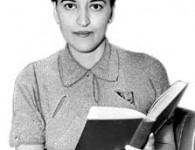

No comments